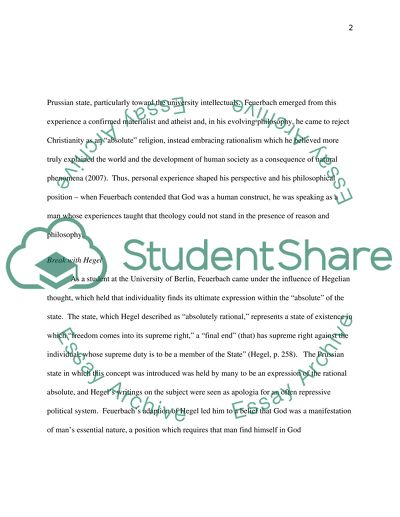Cite this document
(“Ludwig Feuerbach: God as a Human Creation Term Paper”, n.d.)
Retrieved from https://studentshare.org/philosophy/1398066-ludwig-feuerbach-god-as-a-human-creation
Retrieved from https://studentshare.org/philosophy/1398066-ludwig-feuerbach-god-as-a-human-creation
(Ludwig Feuerbach: God As a Human Creation Term Paper)
https://studentshare.org/philosophy/1398066-ludwig-feuerbach-god-as-a-human-creation.
https://studentshare.org/philosophy/1398066-ludwig-feuerbach-god-as-a-human-creation.
“Ludwig Feuerbach: God As a Human Creation Term Paper”, n.d. https://studentshare.org/philosophy/1398066-ludwig-feuerbach-god-as-a-human-creation.


